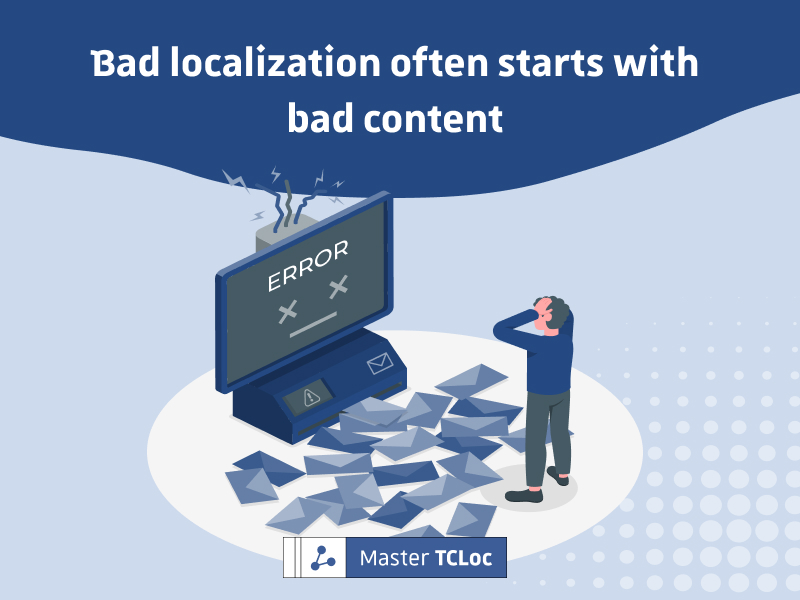Historical video games offer players the opportunity to delve into the past, relive key moments in history and explore different eras. However, localizing historical video games, which involves adapting them for international audiences, poses many challenges, particularly in terms of ethical and responsible considerations.
Cultural Sensitivity and Historical Authenticity
The first and most significant challenge in localizing historical video games is striking a delicate balance between historical authenticity and cultural sensitivity. Accurately recreating a bygone era is a massive task, but it can lead to insensitive or stereotypical cultural representations. A compelling example is Red Dead Redemption 2, set in the 19th century American West. Despite its undeniable qualities, the game was criticized for its portrayal of Native Americans and accused of perpetuating negative stereotypes. Developers have an ethical responsibility to balance historical authenticity with respect for cultural sensitivities.
Violence Representation
Historical video games often deal with periods of violence and conflict, raising the thorny issue of how to depict such events without glorifying brutality. The ethical responsibility not to trivialise past acts of violence is crucial. A telling example is Call of Duty: World War II, which is set during the Second World War and features intense combat. Developers struggle with the delicate task of honouring the sacrifices of soldiers while providing an immersive gaming experience without sending a message that glorifies war.
Rewriting History: Reality vs. Fiction
Another major challenge is the rewriting of history, which allows historical video games to explore alternative realities. However, this possibility raises ethical questions as it can be used to spread false or dangerous ideas about historical events. “Wolfenstein: The New Order” is a striking example, presenting an alternate reality in which the Nazis were victorious in World War II. Despite its compelling nature, the game raises concerns about historical revisionism and its potential influence on people’s perceptions of real events.
The localization of historical video games is a minefield of ethical and responsible considerations. Developers find themselves in a delicate balance between striving for historical authenticity, cultural sensitivity, and depicting violence without glorifying it. The rewriting of history adds a layer of complexity, as does the influence of media on historical perceptions. It is imperative that developers approach these issues with care in order to provide ethical and responsible historical gaming experiences. Awareness of these challenges is essential to ensure that the video game industry moves in the right direction.
To learn more about localization, please check out our other articles.



